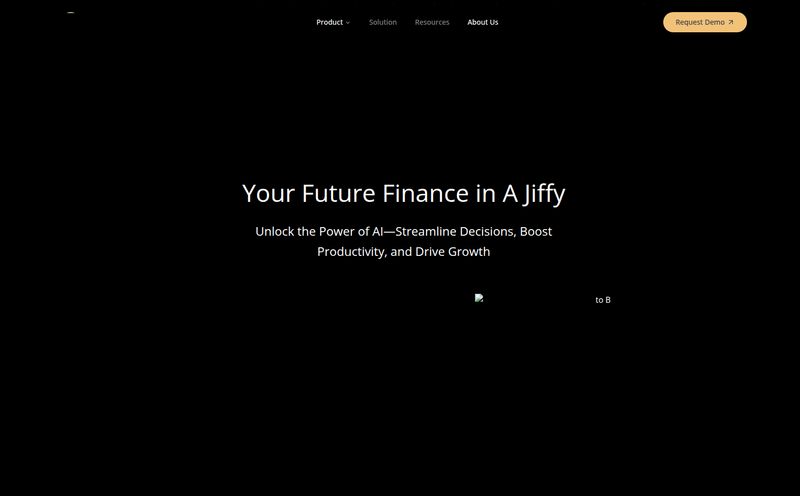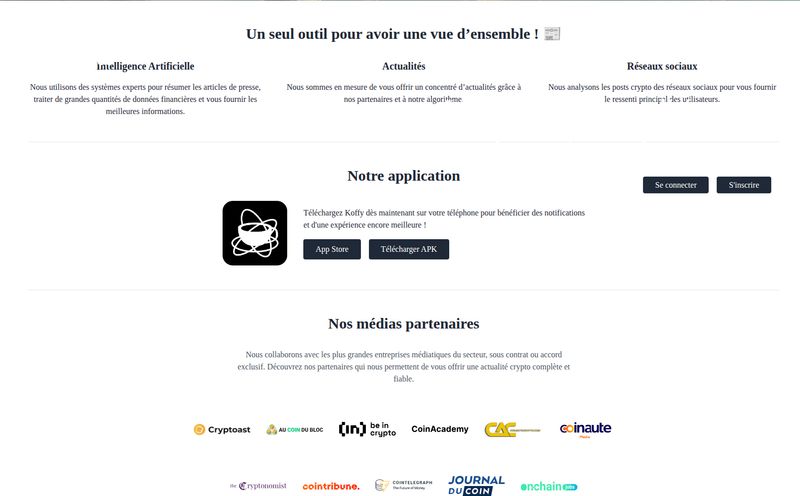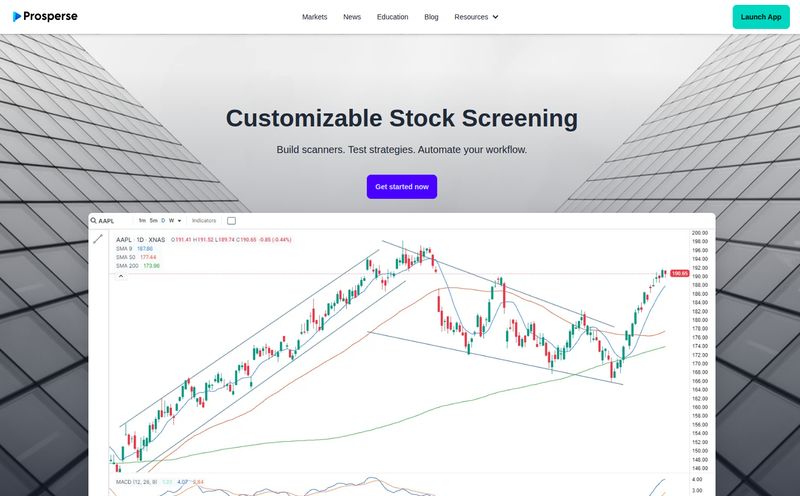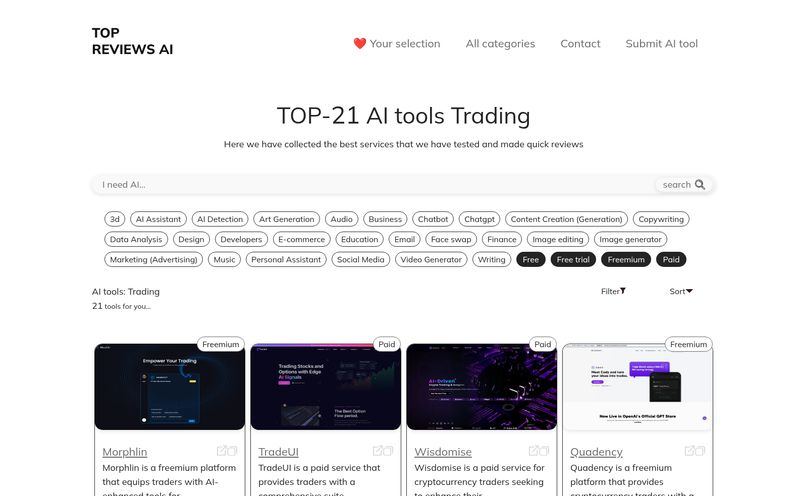For the last few years, my feed, my work, and pretty much every conversation I have about the future of tech has been dominated by AI. Specifically, it’s been about who's running the show. We’ve all watched the power plays, the boardroom dramas at OpenAI, and the consolidation of power between a handful of mega-corporations. It feels like the future of artificial intelligence, possibly the most transformative technology ever, is being decided in a few closed-door meetings in Silicon Valley.
And I've always felt a bit... uneasy about that. Haven't you?
Then something like O.Systems comes across my desk. It’s part of a growing counter-movement, a project that looks at the current landscape and says, “Nah, there’s a better way.” It’s a bold, ambitious, and maybe slightly crazy attempt to put the governance of AI back into the hands of the many, not the few. It mixes AI with the wild world of crypto, DAOs, and governance tokens. And honestly, I’m intrigued. So let's pull on this thread together and see what we find.
So, What on Earth is O.Systems?
Alright, cutting through the jargon. Think of O.Systems as the foundational layer, the political and economic engine for a larger digital nation called the O.XYZ ecosystem. Its entire reason for being is to guide the development of AI—specifically, what they call “Super AI”—in a way that is open, ethical, and community-driven. Instead of a CEO and a board, it uses a DAO. Instead of corporate funding, it uses its own cryptocurrency, the $OI Coin.
It’s like they’re trying to build a digital Athens for AI development, where citizens (token holders) vote on policy and direct the treasury. A far cry from the top-down corporate structure we're used to. This isn't just about building cool AI tools; it's about building the very framework that decides which tools get built and how they're deployed.
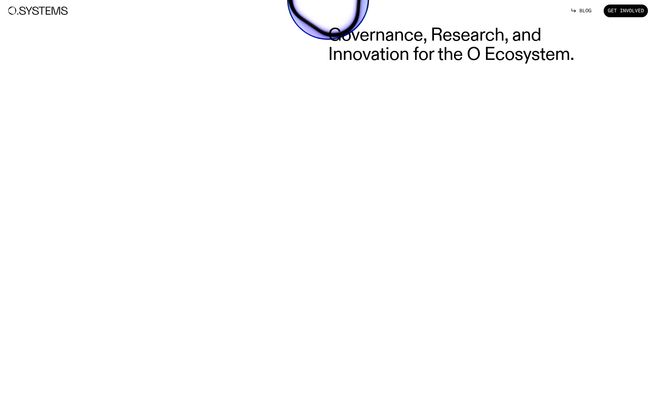
Visit O.Systems
The Core Components of the O Ecosystem
To really get what they're doing, you have to look at the main gears in the machine.
A Truly Decentralized AI Governance?
The heart of O.Systems is its DAO, or Decentralized Autonomous Organization. If you’ve been in the crypto space, you know what this is. For everyone else, imagine a company run by code and a voting community. There's no CEO who can be fired in a weekend coup. Instead, proposals are submitted to the community—things like “should we fund this AI safety research project?” or “should we change the rules for joining the ecosystem?”—and holders of the $OI Coin vote on them. Everything is, in theory, transparent and recorded on the blockchain. It's a direct response to the opaque nature of corporate AI labs.
The Role of the $OI Coin
This brings us to the $OI Coin. It's the lifeblood of the whole operation. It’s not just something you trade on an exchange, hoping the price goes up (though people will absolutly do that). Its primary function is utility within the ecosystem. It grants you voting power in the DAO. It's the currency used to fund the strategic investments in AI projects. It basically represents your stake and your say in the future of the O.XYZ ecosystem. The more involved you are, the more your voice matters.
Fueling AI Research and Investment
This is where the rubber meets the road. The DAO doesn’t just sit around debating philosophy. It acts as a decentralized venture capital fund. The treasury, fueled by the ecosystem's activities, is used to provide grants and investments to promising AI projects. The key differentiator here is the focus. According to their own materials, the emphasis is squarely on responsible and ethical AI development. They want to fund projects that prioritize safety and align with the community's values, not just the ones that promise the biggest profits.
The Good, The Bad, and The Blockchain
Okay, let's get real. This all sounds fantastic on paper. A utopian vision for AI. But as someone who's seen a lot of projects come and go in both the SEO and crypto worlds, I know that execution is everything. The idea is 1%; the other 99% is grit and navigating reality.
On one hand, the potential here is undeniable. Creating a transparent, community-led system for AI governance is a powerful idea. It promotes a level of accountability that is simply missing from the current landscape. Giving a voice to smaller developers and researchers who might otherwise be shut out of the big-money ecosystem is a huge plus. And the focus on AI safety isn't just a talking point; it's baked into the very structure.
However, let's not get carried away. DAO governance can be a double-edged sword. It can be incredibly slow. Imagine trying to get thousands of people to agree on a pizza topping, now apply that to the complex ethics of artificial intelligence. It's messy. The entire system's stability also hinges on the success and value of the $OI Coin. If the crypto market takes a nosedive or sentiment turns against the project, the entire treasury and incentive structure could be at risk. And then there's the biggest question of all: regulation. Governments are barely getting their heads around crypto, let alone a decentralized organization that aims to build Super AI. That's a regulatory minefield waiting to happen.
What's the Price of Admission?
Naturally, my next thought was, “Okay, what does this cost?” I went looking for a pricing page, a classic SaaS staple. And what did I find? A crisp, clean “404 Page not found” error. And you know what? That makes perfect sense.
There is no pricing plan. O.Systems isn't a product you buy. It’s an economy you participate in. The “price” of admission is your involvement—whether that means buying $OI Coin to have a vote, contributing to a project, or simply being an active member of the community. It's a fundamental shift in thinking from “customer” to “stakeholder.” It’s a bit of a barrier for non-crypto natives, for sure, but it’s consistent with their decentralized ethos.
My Two Cents: Is O.Systems the Real Deal?
So, what’s my final take? I'm a cautious optimist. I love the audacity. In a world rushing toward centralized AI control, O.Systems feels like a necessary and important experiment. It's a story of David vs. Goliath, if David was a decentralized network of anons and Goliath was a trillion-dollar corporation.
In my experience, the projects that try to change the very foundation of how something works either burn out spectacularly or go on to define the next era. There isn't much middle ground. The success of O.Systems will depend entirely on its community and its ability to navigate the chaotic intersection of technology, finance, and politics.
It's a gamble. But it’s a gamble on a more open, democratic future for AI. And in the face of the alternative, that’s a bet I’m at least willing to watch with great interest.
Frequently Asked Questions about O.Systems
- What is O.Systems in simple terms?
- It’s a community-run system designed to guide and fund new artificial intelligence technology. The goal is to make sure AI is developed safely and ethically, with decisions made by a community, not a corporation.
- Do I need to be a crypto expert to get involved?
- It certainly helps. The core of its governance and funding revolves around the $OI Coin and a DAO, which are crypto concepts. You'd need to be comfortable with digital wallets and the basics of governance tokens to participate fully.
- How is this different from a company like OpenAI?
- The main difference is control. OpenAI is a centralized company with a board of directors that makes the final decisions. O.Systems is decentralized, meaning decisions are made through a voting process by the community of $OI Coin holders. It’s community control vs. corporate control.
- Is O.Systems a safe investment?
- This isn't financial advice! You should view O.Systems as a high-risk, high-potential technological project. Its native token, $OI Coin, is a crypto asset and will be subject to market volatility. Its value is tied to the success and adoption of the ecosystem.
- What is the $OI Coin actually used for?
- It's a governance token. Its primary purpose is to give you voting power on proposals within the O.Systems DAO. It's also used to help fund the AI research and projects that the community decides to back.
- Is there a monthly fee or pricing plan?
- No. It's not a service you subscribe to. Participation isn't based on a fee but on your involvement in the ecosystem's crypto-economy, primarily through holding and using the $OI Coin.
Conclusion
Wrapping this up, O.Systems is one of the most interesting plays in the AI space I've seen in a while. It’s not just another AI model or a slick new app. It's a radical attempt to rewire the power structure of AI development itself. It’s a clash of two massive trends: the explosion of AI and the persistent ideal of decentralization. Will the slow, sometimes chaotic, nature of community governance be able to compete with the lightning-fast, top-down approach of Big Tech? I have no idea. But I believe the conversation they’re starting is one we desperately need to have. Whether O.Systems becomes a footnote or a defining chapter in the history of AI is yet to be written. But I, for one, will be watching. Closely.
